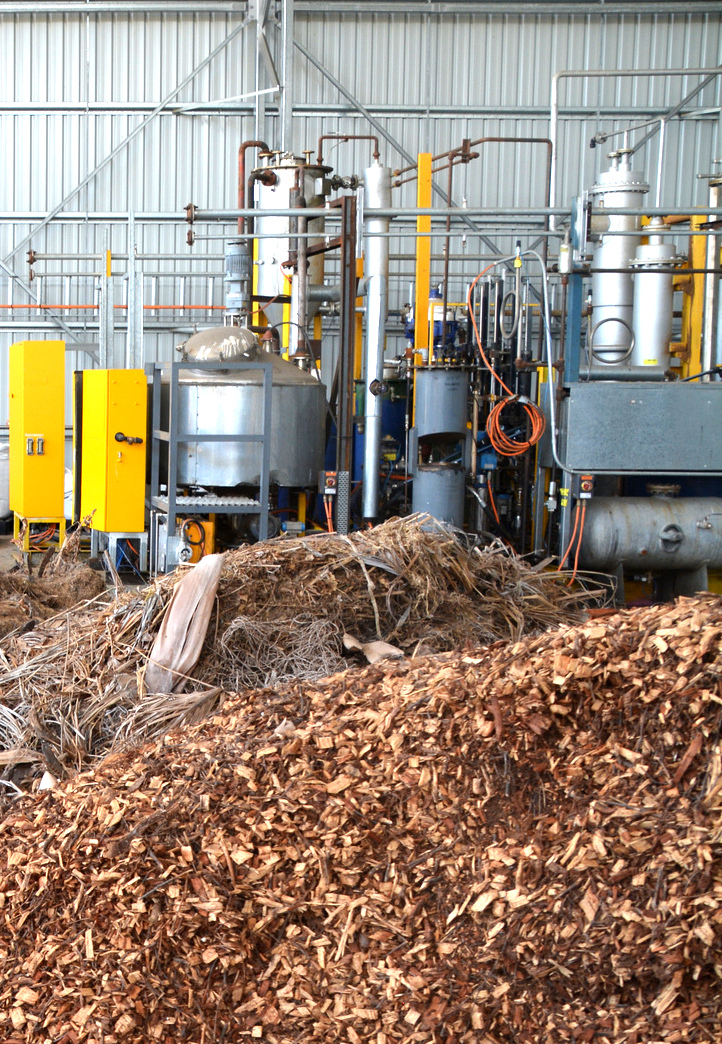Plant power pilot launched
 A new pilot plant will test technology for turning sugarcane waste into fuel.
A new pilot plant will test technology for turning sugarcane waste into fuel.
QUT researchers and Mercurius Australia have commenced work on a large-scale site to test the patented REACH technology, developed by US parent company Mercurius Biorefining.
REACH has the potential to convert sugarcane bagasse and other biomass into cost effective drop-in biofuels and bio-chemicals , as alternatives to fossil fuels.
“The science has been proven,” says QUT’s Dr Darryn Rackemann.
“The engineering now is trying to prove the economics. And once the economics are proven, we can roll out the technology further.”
If the pilot is successful, Mercurius plans to build a larger demonstration plant, which would scale up production of biofuels and bio-chemicals.
Dr Rackemann said work by QUT researchers had proved the system works in producing grams of chemical and fuel samples, while the pilot plant this year would be able to demonstrate the viability of manufacturing kilograms of chemical and fuel samples.
While the initial focus of the pilot plant is investigating the conversion of biomass into fuel, the technology has the potential to create chemicals that can be used to make polyethylene furanoate (PEF), a completely bio-based polyester used to make bottles, films and fibres as an alternative to Polyethylene terephthalate (PET) plastic produced from fossil fuels.
The pilot plant will be testing sugarcane residue, but the process could work with other plant crop wastes too.







 Print
Print